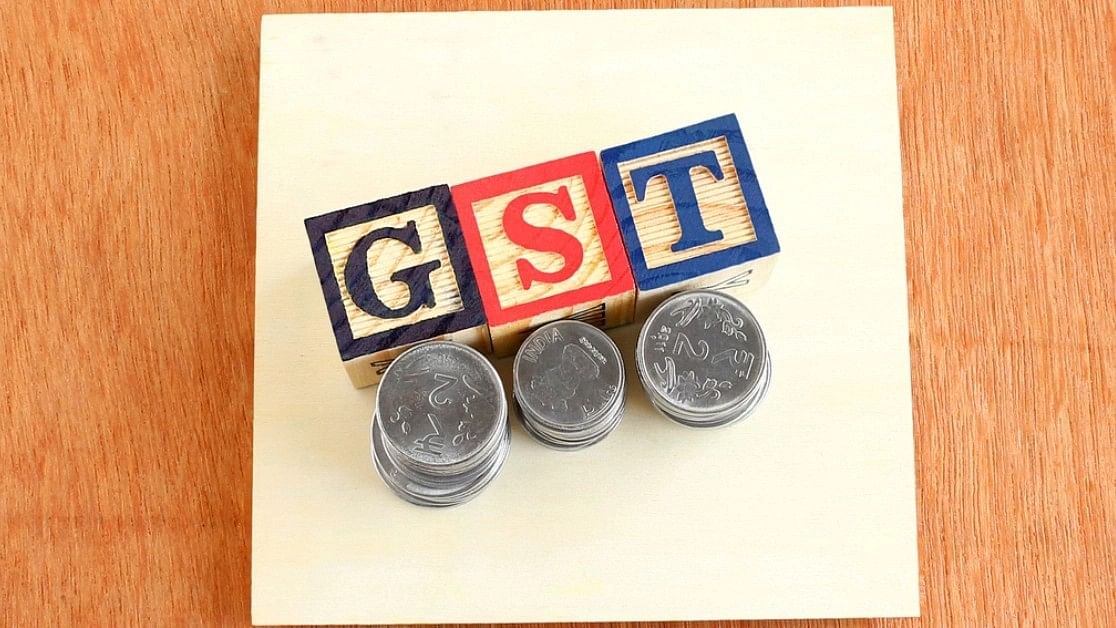
Representative image.
Credit: Credit: iStock
Authorities responsible for the Goods and Services Tax (GST) nationwide have dispatched numerous notices alleging tax payment discrepancies for the financial year 2018. The deadline for issuing these notices is September 30, with taxpayers granted a 30-day window to address these automated notifications.
A source with knowledge of the matter revealed that these notices predominantly revolve around discrepancies in GST output and liability, inappropriate claims for input tax credit, and the reversal of credit in cases involving exempt supplies as reported by the Economics Times.
A government official has confirmed to the publication that both central and state GST authorities have issued these notices within the past two weeks.
According to tax experts, this development is likely to result in a surge in litigation over the coming three months, impacting companies cash flows since they must provide 10 per cent deposit of the total liability when filing an appeal.
"Given that the adjudication deadline for these show cause notices is December 31, we are going to see a huge litigation glut in the next three months," Bipin Sapra, partner, tax and regulatory services, indirect tax, EY, told the Economics Times.
Post-September 30, tax authorities can still send notices, but they must demonstrate instances of 'tax evasion' or 'fraud' committed by the taxpayer to do so.
According to Pratik Jain, a partner at PwC, it appears that many notices have been issued without a comprehensive analysis of the relevant facts and figures.
"Many of them should be dropped later, though it will lead to avoidable disputes and paperwork for the industry. Going forward, the authorities may want to plan ahead so that these instances can be minimised," Jain added as quoted by Economics Times.
"Short payment of tax on related party transactions, incorrect claims of input tax credit, export positions (including refunds granted), and state-wise credit availment and distribution are some of the common areas of disputes," said Mahesh Jaising, Partner and National Indirect Tax Leader, Deloitte.